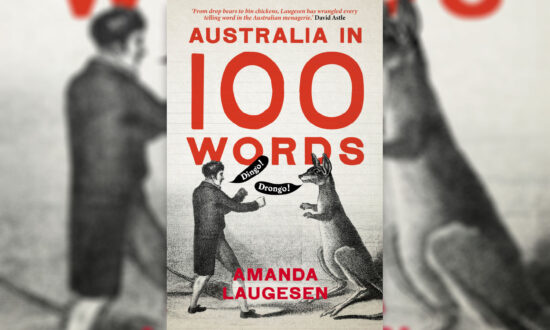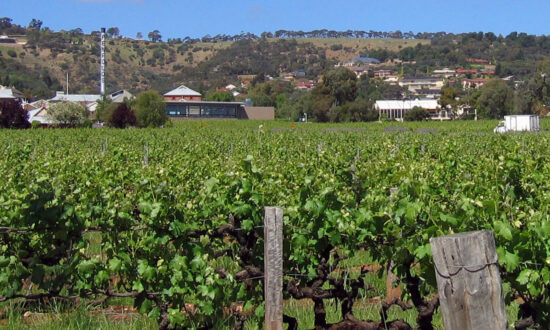Roff carefully builds characters, place and context, both within often parable-like tales and across the collection considered together. This is a world much – mostly – like our own, except that all the familiar manifestations of corporate power, ecological degradation, social injustice and the isolating emotional burnout that accompany them have been pushed that little bit further towards some ultimate breaking point.
There are also occasional forays into the fantastically bizarre or frighteningly strange that erupt from Roff’s largely realist universe: the Enforcement Special Wing of a fast-food chicken conglomerate targets those who would steal the Founder’s Recipe; a newly developed, lightweight power pack with enough energy to run a house instead allows anyone to fly using their own Icarus device – if they can afford it; a man left behind by human society is led to inhabit the role of a sports team’s giraffe mascot, accepting the uncertain kind of community it provides before a final collapse offers new possibilities; the singularity of artificial computer intelligence turns out more benign than we might have expected.
These are stories very much of the moment, without feeling forced or obligatorily so. Climate change and nuclear contamination, COVID and the anxieties of a pandemic age, the despoiling of Indigenous land by big mining interests, and the abstracted inhumanity marking Australia’s treatment of asylum seekers are all woven through a perspective that wants us to see how much is missing from the picture. “What is wrong,” as one character says, not asking, but invoking a reckoning.
Roff plays with form and voice in a variety of ways, with stories framed in computer code or focused on a mind drifting into dementia, narratives set in the experience of a role-playing adventure game, or told in scrambled chronological order as a maze-like map of humanity’s beauty, doubts and strangeness. Apart from anything else, these techniques serve to emphasise the multiple ways in which our experiences are made manifest. We are layered, diffuse creatures, inhabiting different – but adjoining – worlds.
Indeed, this idea is perhaps most movingly rendered in those stories which examine the fragility and enduring strength of relationships, of connection and care, and what it takes to know one another. “Love is leaning forward,” one narrator says in the midst of a separation. “You lean forward and out, and then one day, just for a moment, you forget. You relax, and rock back so that your weight rests on your heels. That’s all it takes.” It is a poignant and timely reflection on how easy it is to break what binds us together, and the work required to keep us whole.

Get InReview in your inbox – free each Saturday. Local arts and culture – covered.
Thanks for signing up to the InReview newsletter.
“The only way we exist is in the minds and hearts of others,” the book’s final narrator observes, contemplating the ongoing continuum of our species.
This is a slow-burning work, filled with a dull sadness and tender melancholy that aches, but does not overwhelm.
The Teeth of a Slow Machine, by Andrew Roff, is published by Wakefield Press and available now.
Support local arts journalism
Your support will help us continue the important work of InReview in publishing free professional journalism that celebrates, interrogates and amplifies arts and culture in South Australia.
Donate Here




